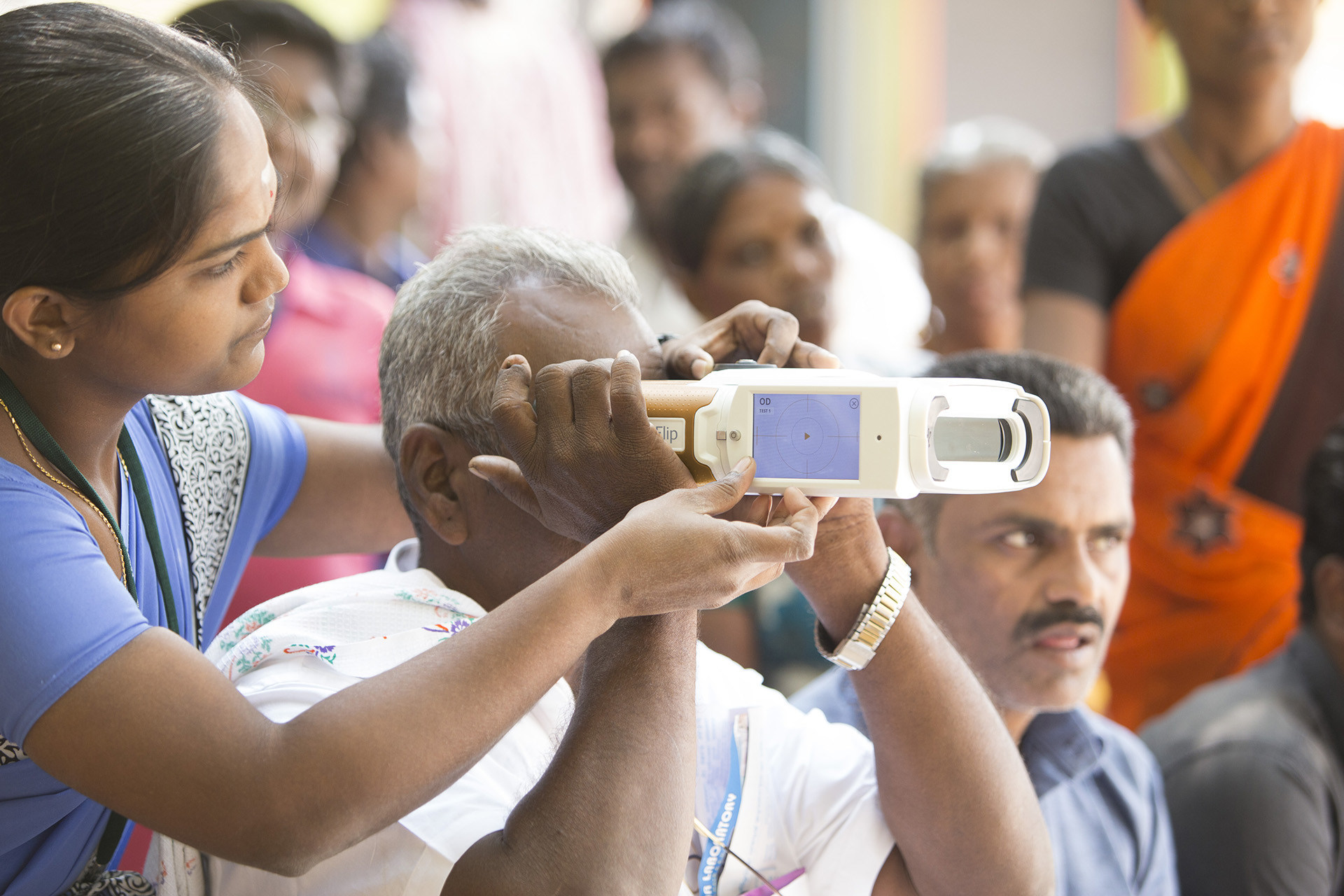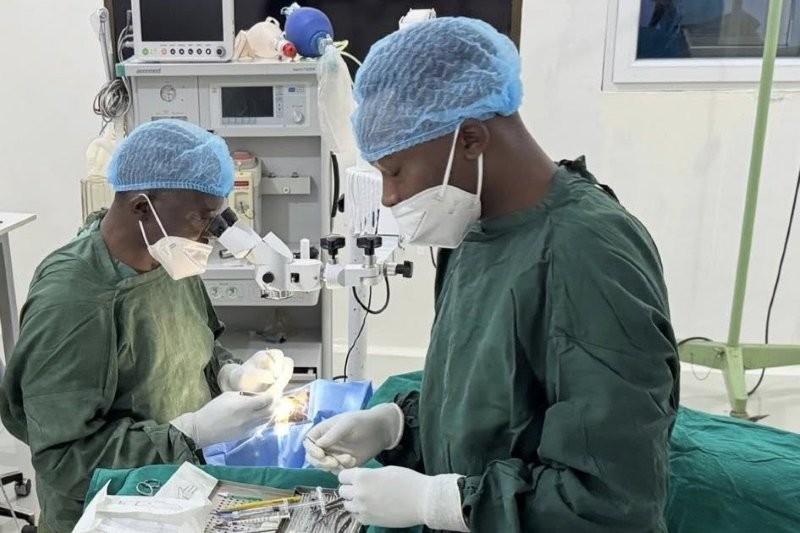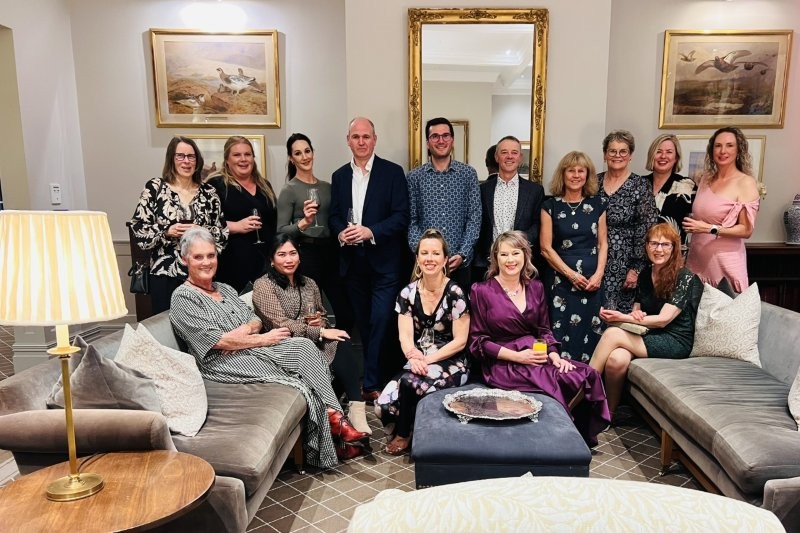A quest for accessible, accurate autorefraction
PlenOptika's QuickSee, a handheld autorefractor designed to reduce global uncorrected refractive error, can dramatically increase access to eyeglasses, according to researchers.
The paper, published by the Aravind Eye Institute in India, Johns Hopkins University, and the Massachusetts Eye and Ear Institute, found that measurements made with QuickSee handheld autorefractor measurements were as accepted for making eyeglasses as those made from subjective refraction measurements.
Thanks to its accuracy and portability, the authors suggested that QuickSee could help radically expand access to eyeglasses in remote and low-resource settings which lack professionals and clinical equipment.
To date, QuickSee has been used to measure the sight of over three million people in 45 countries, according to PlenOptika. In wealthy nations where patients have access to licensed health care providers, the QuickSee technology is helping eyecare professionals provide care in settings such as nursing homes, correctional facilities and community health centres, the company said, with eye health centres using the device to manage large patient volumes efficiently.
"These encouraging findings support our belief that the global burden of vision impairment can be met with innovative technology, not only in low- and middle-income countries, but also in wealthy countries like the US, where vision care disparities persist," said Dr Shivang Dave, CEO of PlenOptika and one of QuickSee's inventors.
In the paper, published by Ophthalmology, PlenOptika declared it assisted in the study’s design but its execution, analysis, and reporting were independent of the company.





















